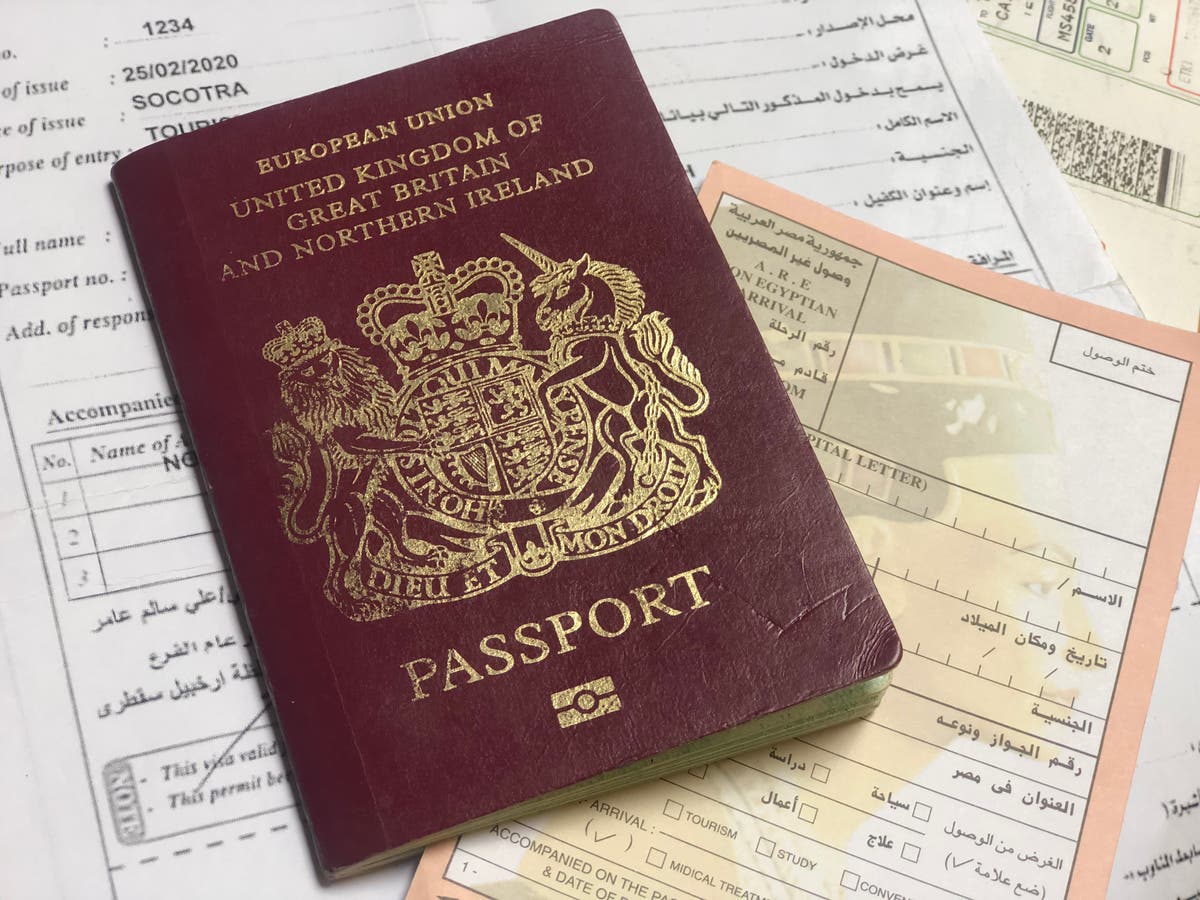“You will find destinations like Hastings absolutely decimated by a lack of school visits”: so MPs were told by Patricia Yates, chief executive of VisitBritain.
The inbound tourism leader was giving evidence in 2022 to the DCMS Select Committee about the devastating impact of the post-Brexit decision to ban foreign visitors who have only identity cards, not passports.
Since EU citizens can visit dozens of other countries with their ID cards, many choose not to go to the extra expense and trouble of obtaining a passport.
“Getting school visits in, which I cannot see as a huge risk, would be a major boost for the industry which is really suffering at the moment,” Ms Yates continued.
In 2023, in one of the first acts by the Conservative government in reversing the harm caused to the UK tourism industry by Brexit, French school groups were told they could be admitted with only identity cards.
But the new Labour government appears to be doubling down on the anti-ID card move by insisting the new Electronic Travel Authorisation (ETA) can only be linked to passports.
From 2 April 2025, arrivals from Europe to the UK – apart from British and Irish citizens – must apply in advance for an ETA, price £10.
Announcing the requirement, the minister for Migration and Citizenship, Seema Malhotra, said: “The worldwide expansion of the ETA demonstrates our commitment to enhance security through new technology and embedding a modern immigration system.”
The government is clear that by 2 April 2025 European visitors to the UK “will need an electronic travel authorisation” and that ETAs are “digitally linked to a traveller’s passport”.
Because the system is based solely on inbound travellers having passports, not identity cards, the special status of French school group visits to the UK appears in jeopardy.
The Home Office says the implications of the policy for school groups of the new policy are “under review”.
The inbound travel industry has sustained a loss of business since former home secretary Priti Patel banned ID cards in October 2021. The decision excludes around 300 million EU citizens who have identity cards rather than passports.
Joss Croft, chief executive of UKinbound said: “The introduction of ETAs has been in the pipeline for a number of years and in this time, we have seen passport-free travel introduced for French school groups.
“The previous government were looking to expand this scheme to other European countries, and we hope this plan is still in the pipeline.”
But unless the government changes its insistence that ETAs can only be issued against passports, and that every visitor must have the online permit, it is difficult to see how French school groups will be able to visit the UK without every member of the party having a passport.
In addition, ferry links between France and the Channel Islands could be in jeopardy by the cancellation of a special deal allowing French day-trippers to visit Jersey, Guernsey and Alderney with only ID cards.
The Channel Islands are not part of the UK, but their immigration controls align. As a result they stand to be adversely affected by the demand for all Continental European visitors to enrol for the ETA scheme.
The islands were hit hard by the last government banning entry by French citizens who have identity cards but not passports. The number of visits halved, jeopardising ferry links from French ports to Jersey, Guernsey and Alderney.
The islands negotiated an agreement with UK ministers to allow French nationals to visit for the day with just their ID cards. But from the end of 2025 that option is set to be withdrawn.
While the Channel Islands are self-governing, they routinely follow the policies of the UK Home Office on immigration procedures.
The ID card ban had a devastating impact on the day-trip business from French tourists. The collapse in revenue led to fears that ferry links from France to Guernsey and Jersey could be unsustainable.
But in another easing of the identity card exclusion, the islands were given the option to allow French daytrippers to visit.
That option now appears in jeopardy beyond the end of next year. A spokesperson for Jersey Customs and Immigration Service said: “The scheme won’t impact visitors travelling directly to Jersey until the end of 2025.”
Anyone travelling to the Channel Islands via the UK will need an ETA from 2 April 2025.
The Home Office says in its latest release about the ETA: “The government is taking major steps towards delivering its ambitious aim to digitise the UK border and immigration system.
“ETAs are digitally linked to a traveller’s passport and ensure more robust security checks are carried out before people begin their journey to the UK, helping to prevent abuse of our immigration system.”
A celebration of Brexit benefits for travellers, as championed by the last government

